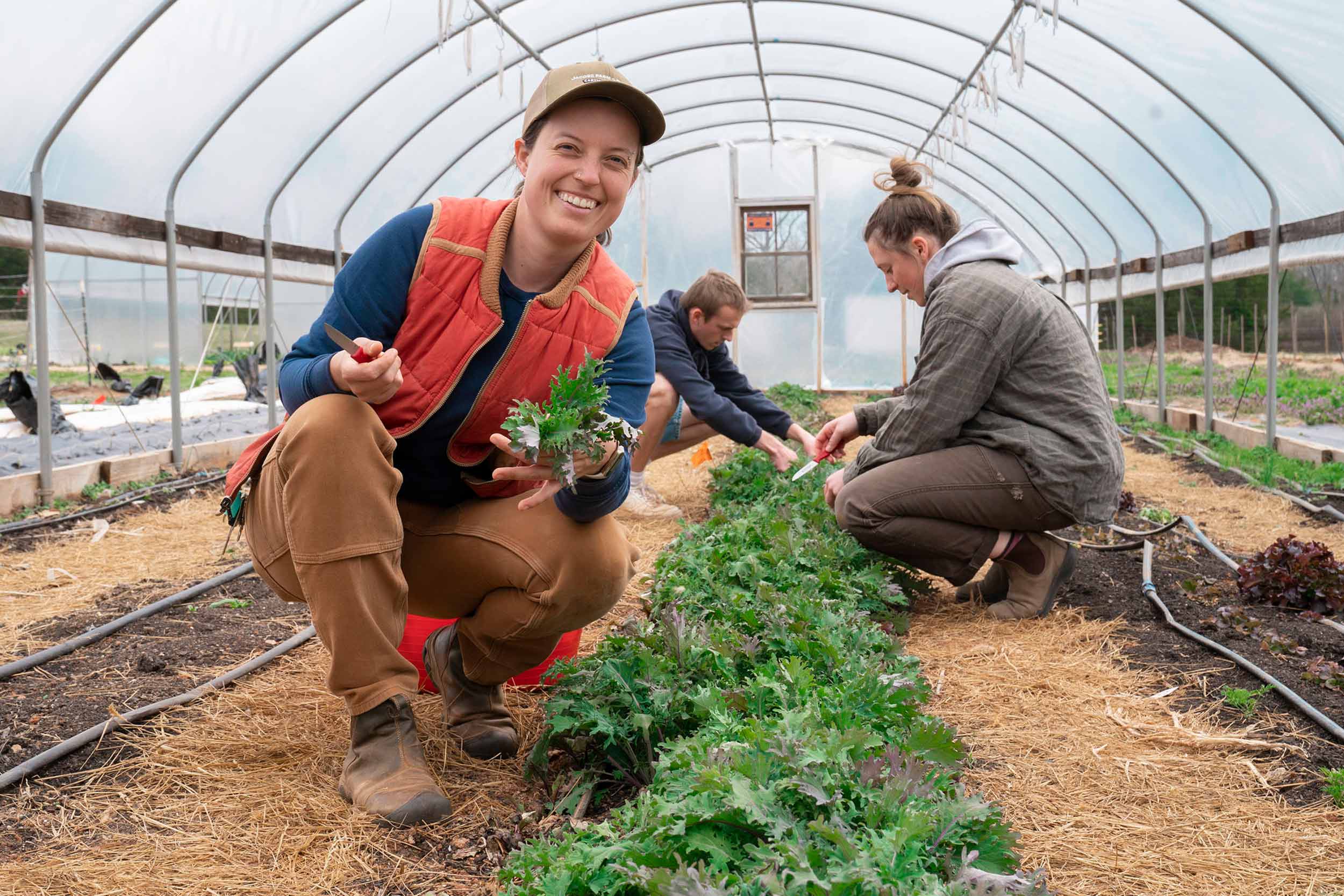Gardening for Beginners: Necessary Actions to Start Your Green Journey
Wiki Article
Getting Going With Horticulture: Essential Tips for Beginners
Horticulture can be a rewarding and satisfying leisure activity, however, for novices, it can additionally feel frustrating. With numerous plants, devices, and techniques to think about, where does one also start? In this guide, we will give vital pointers to help beginners start with gardening. We will go over the relevance of choosing the right plants for your area and climate, as well as understanding soil health and wellness and just how it impacts plant development. In addition, we will explore the necessary devices every garden enthusiast should have and proper watering methods to make sure plant wellness. We will certainly touch on handling illness and bugs, an unpreventable obstacle in any kind of garden. By complying with these suggestions, novices can lay a solid foundation for an effective gardening trip.Selecting the Right Plants
1. Start your gardening journey by very carefully choosing the suitable plants for your specific needs and growing problems. Selecting the right plants is essential for an effective garden. Prior to buying any plants, it is essential to take into consideration different factors such as environment, sunlight exposure, soil type, and readily available area.First of all, research study the environment in your area to figure out which plants are suitable for your area. Some plants grow in dry and warm problems, while others choose cooler temperature levels and more dampness. Understanding your climate will certainly aid you pick plants that have a greater chance of survival and development.
Second of all, evaluate the amount of sunshine your garden gets throughout the day. Various plants have various light requirements, with some needing full sunlight, while others flourish in shade. By matching the light needs of your plants with the readily available sunlight in your garden, you will certainly maximize their growth potential.
Third, take into consideration the sort of soil you have. Some plants like well-draining dirt, while others grow in clay or sandy soil. Conduct a soil test to identify its pH degree and nutrient web content, as this details will certainly guide you in choosing plants that can flourish in your dirt problems.
Last but not least, analyze the available space in your garden. Think about the mature size of the plants you have an interest in and guarantee they have adequate area to expand without congestion. This will certainly protect against competitors for nutrients and sunshine, advertising much healthier plant development.
Comprehending Soil Health
To proceed our conversation on picking the right plants for your yard, it is important to recognize the relevance of dirt wellness. The wellness of your dirt straight affects the growth and success of your plants. Healthy soil provides essential nutrients, water, and oxygen to plant roots, permitting them to grow. It additionally sustains helpful bacteria that break down raw material and make nutrients readily available to plants.One critical element of soil wellness is its structure. Different plants have various soil preferences, so it is essential to comprehend the characteristics of your dirt. Soil is generally composed of three main elements: clay, sand, and silt. The excellent dirt structure for most plants is an equilibrium of these three elements, referred to as loam dirt.
One more element to take into consideration is the pH level of your dirt. pH is a measure of exactly how acidic or alkaline the dirt is. Many plants favor a slightly acidic to neutral pH, around 6 (gardening for beginners).0 to 7.0. Some plants, like blueberries, choose even more acidic dirt, while others, like lavender, thrive in alkaline problems.
To determine the health of your soil, you can carry out a dirt examination. This test will supply beneficial details about the nutrient levels, pH, and structure of your dirt. Based upon the outcomes, you can after that make any kind of necessary modifications by including raw material, plant foods, or dirt modifications.
Essential Tools for Gardening
When starting a garden, having the right tools is important for success. Whether you have a little porch yard or a huge yard, there are a couple of crucial devices that every gardener should have. The first device you'll require is an excellent set of horticulture handwear covers. These will certainly secure your hands from thorns, dust, and various other prospective dangers. A strong trowel is likewise necessary for excavating holes, transplanting seed startings, and loosening up dirt. A garden fork is another must-have device, as it is excellent for transforming over dirt and separating clumps. A watering can or hose with a spray nozzle is essential to supply your plants with the correct amount of water. Furthermore, a pair of pruning shears is essential for cutting and forming plants. Last but not least, a yard rake serves for leveling dirt, getting rid of particles, and spreading out mulch. Buying top quality tools may appear costly upfront, yet they will last longer and make your horticulture experience extra efficient and delightful. Keep in mind to tidy and keep your tools effectively after each use to guarantee they remain in good problem. With these necessary tools, you'll be well-appointed to start your horticulture trip.Appropriate Watering Strategies
Appropriate watering techniques are vital for the success of your yard, as they make sure that your plants obtain the appropriate amount of water they need to grow. Sprinkling your plants properly is critical in maintaining their health and wellness and performance. Here are a couple of crucial suggestions to assist you master the art of correct watering.
Second of all, it is essential to water your plants at the best time of day. Morning or late afternoon is the most effective time to water, as the temperature levels are cooler and the water is much less most likely to evaporate swiftly. Stay clear of site watering during the hottest part of the day, as this can create water beads to work as magnifying glasses and burn the fallen leaves.
Different plants have different water requirements, so it is essential to research study and comprehend the water requirements of each types in your garden. By tailoring your watering schedule to the needs of your plants, you can guarantee optimal growth and health.
Handling Pests and Illness
Carrying out efficient pest and condition administration techniques is essential for maintaining the wellness and vitality of your yard. Conditions and bugs can inflict chaos on your plants, triggering them to weaken, perish, and eventually pass away if left untreated. However, with correct understanding and aggressive steps, you can minimize the damage and keep your garden flourishing.Among the very first steps in handling diseases and bugs is to identify them precisely. Consistently evaluate your plants for any indications of problem or infection, such as chewed leaves, tarnished foliage, or wilting. Study the best techniques to manage or remove it once you have determined the parasite or disease. Newbie Gardening. There are numerous approaches you can take, including chemical and natural alternatives.
Avoidance is vital in parasite and condition management. Encourage a healthy and balanced yard setting by exercising great hygiene, such as eliminating rotting or dead plant material and cleansing your devices on a regular basis. In addition, think about friend planting, which involves growing particular plants with each other to push back bugs or draw in valuable pests that victimize bugs.

Routine monitoring and upkeep are vital to remain on top of any kind of prospective insect or blog here disease concerns. Taking aggressive steps and addressing troubles promptly will aid make sure the overall health and wellness and performance of your garden.
Conclusion
Finally, gardening can be a rewarding and delightful task for novices. By choosing the right plants, recognizing dirt health, making use of necessary tools, exercising appropriate watering strategies, and handling insects and diseases, novices can establish themselves up for success in their gardening undertakings. With persistence, dedication, and a bit of knowledge, any individual can develop an environment-friendly thumb and create a growing and lovely garden.We will review the significance of picking the right plants for your space and climate, as well as recognizing soil wellness and how it impacts plant development. Some plants prefer well-draining soil, while others prosper in clay or sandy dirt. Conduct a soil test to determine its pH level and nutrient web content, as this information will assist you in selecting plants that can thrive in your soil problems.
Various plants have various soil preferences, so it is crucial to understand the attributes of your dirt. The perfect soil structure for the majority of plants is a balance of these three components, recognized as loam soil.
Report this wiki page